I first heard of Dr. Sarah Gottfried from Abel James’ podcast, The Fat-Burning Man. My husband is a HUGE fan (and, well, honestly, he’s pretty easy on the eyes AND he knows nutrition!). Then she was a guest on The Balanced Bites Podcast. After listening to both episodes, I knew I had to check out her book.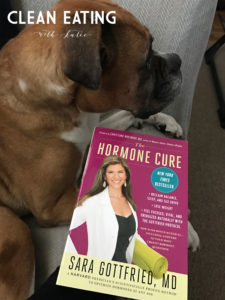
The book is focused on women’s health, but many of her dietary and lifestyle recommendations apply to both men and women. I also appreciate how much she loves yoga – she’s a woman after my own heart.
Are you dealing with cortisol problems? Low Progesterone? High Estrogen? Or maybe it’s low estrogen that troubles you? What about your androgen levels? Under active Thyroid? Regardless of your specific hormone challenges, Dr. Gottfried’s book can help you. One of the great things about this book is that it is not necessarily meant to be read cover-to-cover. After rea
ding the introduction and taking the quiz, the reader can jump to the chapter that addresses their specific challenges. She includes anecdotal stories from patients that have used The Hormone Cure to address their hormone imbalances naturally.
For each hormonal imbalance issue, Dr. Gottfried details the science about the hormone, what happens when it is high/low, which testing to seek out (if applicable), and a multi-step protocol for improving the hormone levels, which includes, lifestyle changes and nutraceutical supplement recommendations, herbal supplement recommendations, and bioidentical hormones.
If you or a loved one is dealing with hormonal imbalances, you can take back your life and find balance. This book is a great guide to get back to equilibrium.
Want to see what else I’m reading and loving (or not loving)?? Let’s connect on Goodreads!
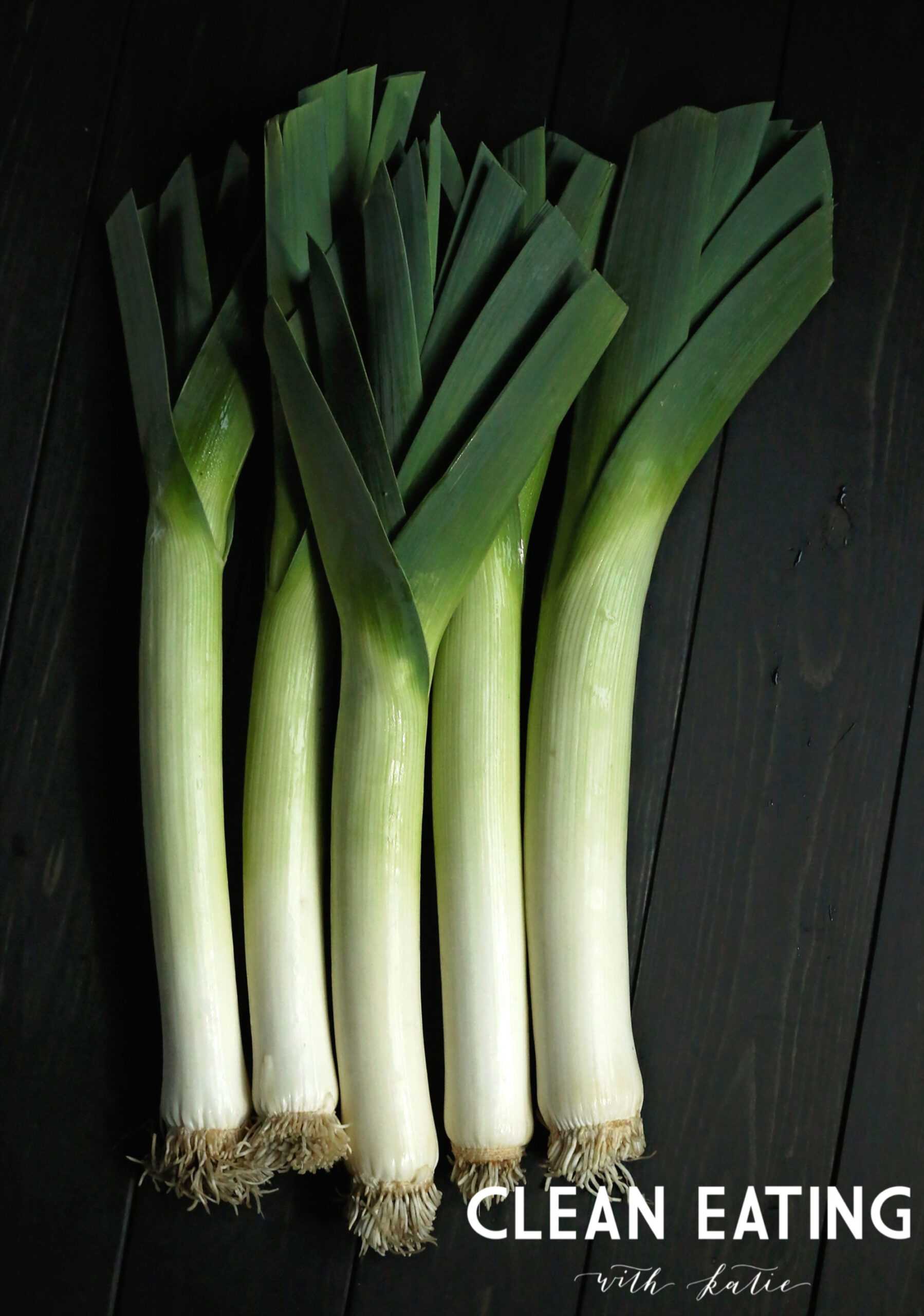
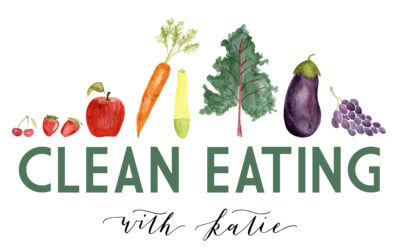
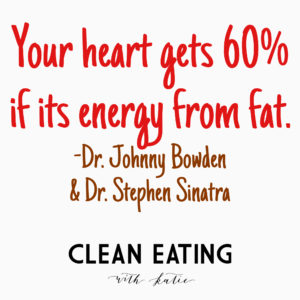 This peaked my interest and so when it was time to do research on a topic relating to heart health, I read the book. Several months after reading the book, I went to the
This peaked my interest and so when it was time to do research on a topic relating to heart health, I read the book. Several months after reading the book, I went to the 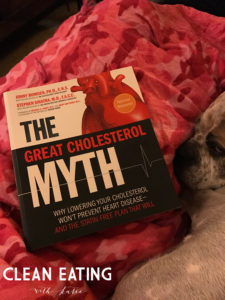
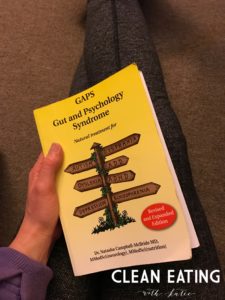 I first heard the term GAPS on Pinterest about five years ago when I started finding and pinning healthy recipes. I continued moving forward on my path toward healthy eating and becoming a Nutrition Consultant and I kept hearing about GAPS all along the way. I bought the book well over a year ago and it’s been on my list of books to read for quite some time. I finally picked it up a few months ago and got to reading it.
I first heard the term GAPS on Pinterest about five years ago when I started finding and pinning healthy recipes. I continued moving forward on my path toward healthy eating and becoming a Nutrition Consultant and I kept hearing about GAPS all along the way. I bought the book well over a year ago and it’s been on my list of books to read for quite some time. I finally picked it up a few months ago and got to reading it.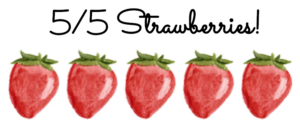
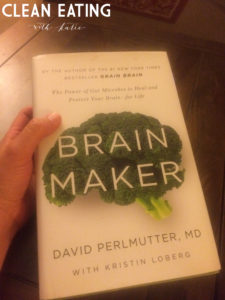 e, Dr. Perlmutter goes even further to discuss the links between an unhealthy gut and Autism, ADHD, allergies skin issues, elevated blood pressure, anxiety, depression, chronic fatigue, inflammation, and many, many, more.
e, Dr. Perlmutter goes even further to discuss the links between an unhealthy gut and Autism, ADHD, allergies skin issues, elevated blood pressure, anxiety, depression, chronic fatigue, inflammation, and many, many, more.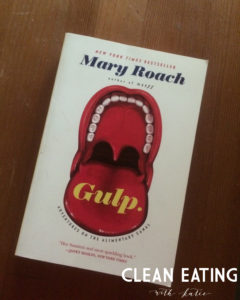 ing efforts. Roach states “Rarely does medical science come up with a treatment so effective, inexpensive, and free of side effects” (Roach, 2013, p.321). The main side effect is probably the “ick factor”. 😉 I finished the book thinking that this might possibly the way of the future.
ing efforts. Roach states “Rarely does medical science come up with a treatment so effective, inexpensive, and free of side effects” (Roach, 2013, p.321). The main side effect is probably the “ick factor”. 😉 I finished the book thinking that this might possibly the way of the future.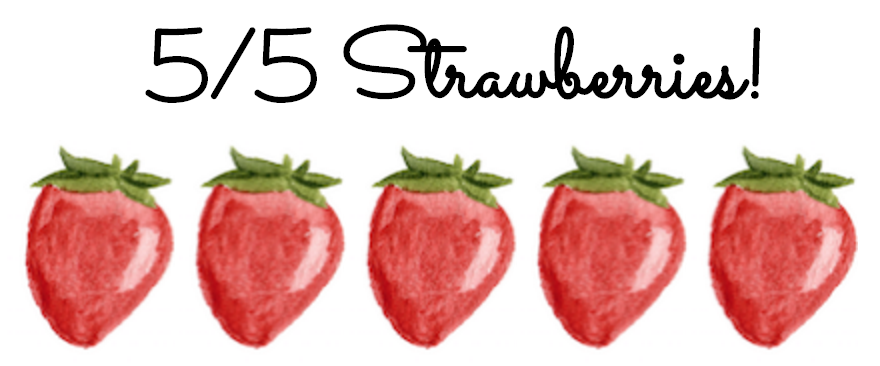 er tells readers what they can do to help keep cancer at bay, keep it from coming back, or to surpass a not-so-optimistic prognosis.
er tells readers what they can do to help keep cancer at bay, keep it from coming back, or to surpass a not-so-optimistic prognosis.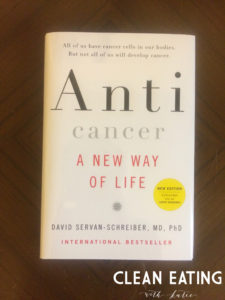 t’s how tumors are born. But our bodies are also equipped with a number of mechanisms that detect and keep such cells in check.” This quote instills a bit a fear in me, knowing that cancer can be happening to all of us, all the time, BUT it also inspires hope because it empowers each of us to know that we have the power to make changes in our bodies and our futures.
t’s how tumors are born. But our bodies are also equipped with a number of mechanisms that detect and keep such cells in check.” This quote instills a bit a fear in me, knowing that cancer can be happening to all of us, all the time, BUT it also inspires hope because it empowers each of us to know that we have the power to make changes in our bodies and our futures.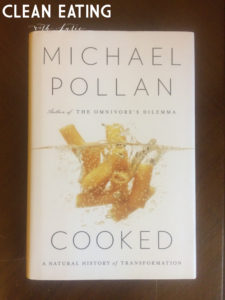
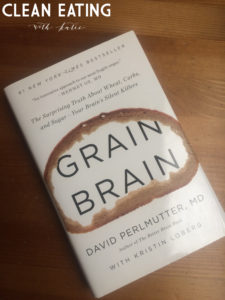

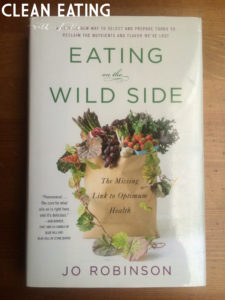 In Eating on the Wild Side, You’ll learn that sweet potatoes aren’t in the potato (nightshade) family but in the morning glory family, that drinking a glass of beet juice before a run will help you run longer (due to the naturally occurring nitrates), that the outer leaves on lettuces are the most healthy because they make the most chlorophyll, and that broccoli loses most of it’s phytonutrients within 24-hours of harvest – so grow your own or shop at the farmer’s market and look for it on ice.
In Eating on the Wild Side, You’ll learn that sweet potatoes aren’t in the potato (nightshade) family but in the morning glory family, that drinking a glass of beet juice before a run will help you run longer (due to the naturally occurring nitrates), that the outer leaves on lettuces are the most healthy because they make the most chlorophyll, and that broccoli loses most of it’s phytonutrients within 24-hours of harvest – so grow your own or shop at the farmer’s market and look for it on ice.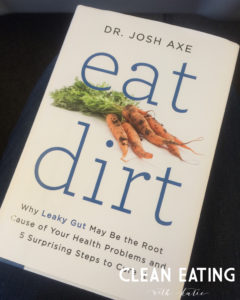 It
It